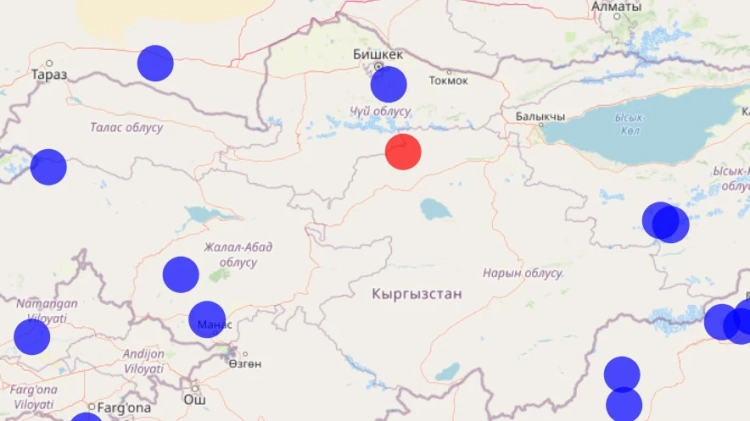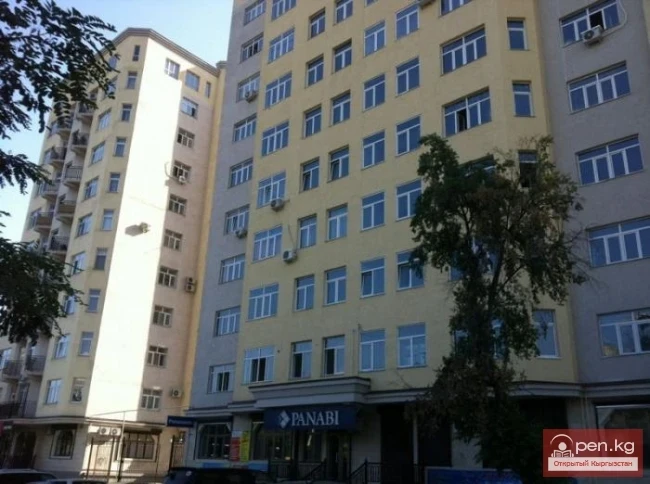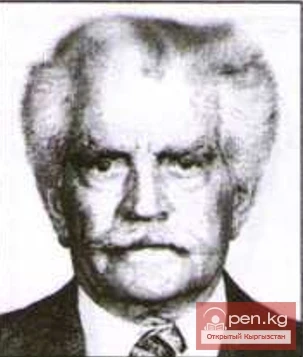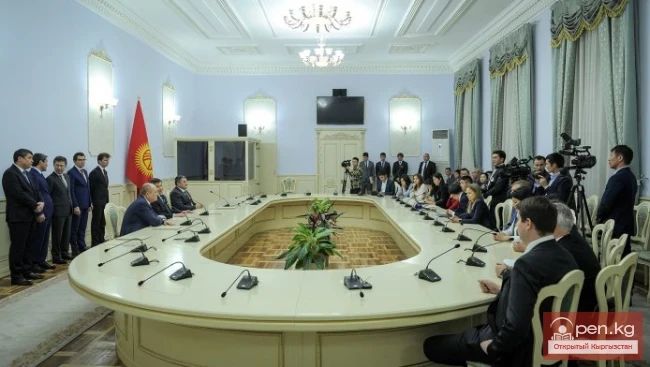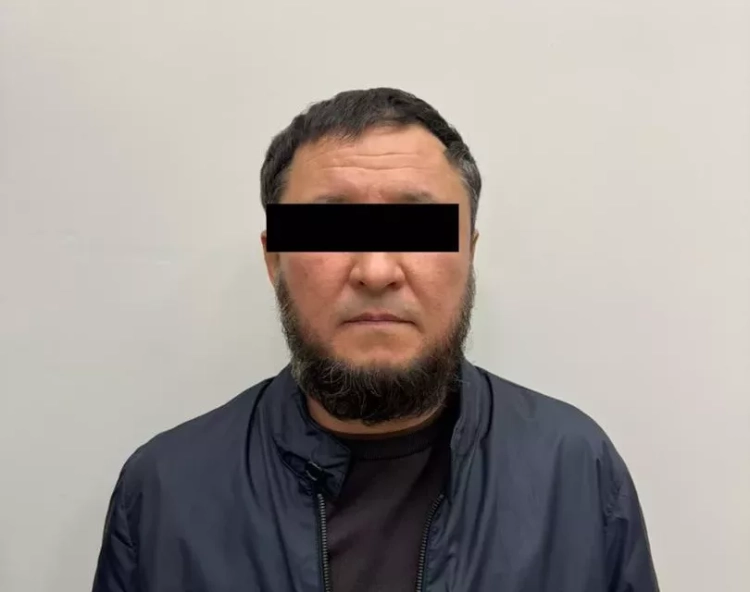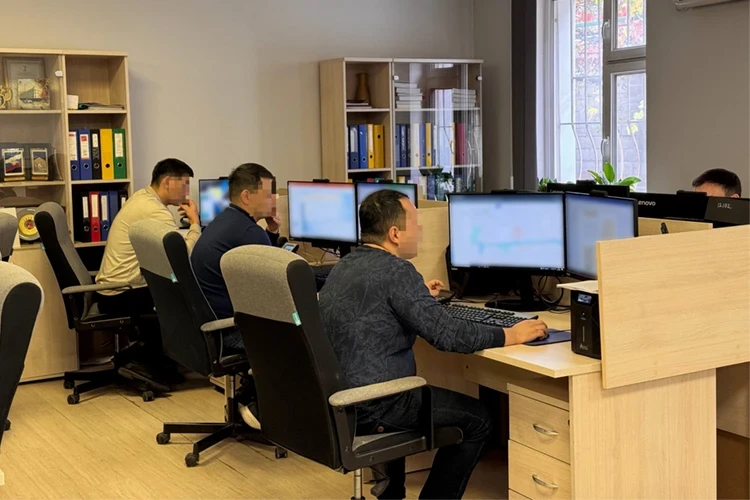
At a recent press conference at the State Drug Control Service of the Ministry of Internal Affairs of the Kyrgyz Republic, it was reported that the early warning mechanism (EWM) has been created, which includes two main components: the Republican Monitoring Center (RMC) and the Commission on Drugs and Drug Dependence (CDDD).
The head of the commission, Timur Isakov, emphasized the importance of timely implementation of this mechanism for controlling uncontrolled psychoactive substances.
According to Isakov, "The United Nations General Assembly and international drug control bodies have recommended that all states conduct monitoring. In this regard, work has begun in Kyrgyzstan to launch an early warning mechanism for new substances."
The mechanism was approved by a resolution of the Cabinet of Ministers on July 31, 2025, and represents an interdepartmental tool aimed at the rapid identification and analysis of risks associated with the spread of dangerous substances.
The implementation of this mechanism indicates Kyrgyzstan's transition to a scientifically grounded model for countering modern drug threats. Now decisions regarding the control of new substances will be made based on analysis and early detection, rather than post-factum. This will reduce the response time to the emergence of new synthetic compounds, protecting society, especially the youth.
The Republican Monitoring Center will function as an analytical and coordinating body, collecting information from various ministries and scientific institutions, as well as conducting analysis and classification of new substances. This information will be forwarded to the commission for further study and the formation of recommendations for the government. The commission includes representatives from 21 state bodies, including the Ministry of Internal Affairs, the Ministry of Health, and others.
Isakov noted that similar mechanisms are used in Europe to identify early signs of threats from new substances.
"Some of these substances are not classified as drugs but can pose a serious health risk," he noted. "Since 2014, there has been an increase in the spread of such psychoactive substances and outdated medical drugs that can be used recreationally. They enter the market, remaining formally legal but dangerous to health."
Isakov added that neither the UN system nor national authorities can quickly assess new substances, which leads to their prolonged circulation. The new mechanism was created to expedite processing and notification. He also expressed hope that not only Kyrgyzstan but also neighboring countries will implement similar systems, as joint identification of threats will be more effective.
"This system operates successfully in Europe. If information about a new substance appears in one of the countries, it is instantly disseminated among all competent EU authorities for rapid assessment."
Timur Isakov
Zulhumar Borboeva, secretary of the CDDD, noted that this mechanism is the first in Central Asia. Kyrgyzstan has become a pioneer in its implementation, and she emphasized the need to spread this system to other countries in the region to ensure the protection of society and youth from dangerous synthetic chemicals.
Photo 24.kg. Republican Monitoring Center
Marcel Dootaliev, head of the RMC, shared with journalists that the composition of new psychoactive substances changes very quickly. He expressed hope that the new mechanism will help prevent their spread and identify potential dangers in advance. He also added that responsibility in the field of pharmaceutical drug addiction is being strengthened thanks to the actions of the Commission on Drugs and Drug Dependence.
Particular attention will be paid to controlling medications that may be used improperly, as well as developing preventive recommendations and raising public awareness.

